Monisha Veerapaneni shares her perspective on participating in science fairs as a kid.
We’re the nerdy ones. We’re “those” kids.
We’re the weird ones who spend our free time reading articles on PubMed.
We’re the nerdy ones. We’re “those” kids.
We’re the weird ones who spend our free time reading articles on PubMed.
mp3go to this siteexplanationgo nowmous phone casephone case maker
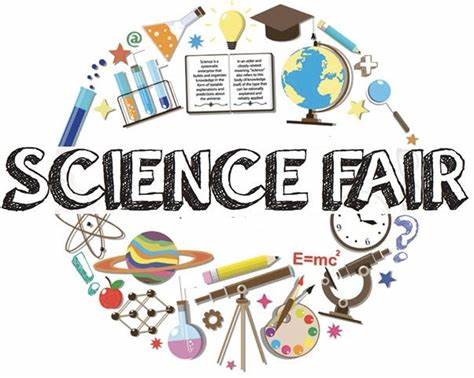





It’s been around six years since I last participated in a science fair competition, but I still manage to involve myself in research some way or another. I always look back on all the memories I made with profound gratitude and joy. Did I know when I first started competing that it would leave such a lasting impression on me? Hell no.
Flashback to eighth grade, sitting in a small cramped science classroom where we’re all presented with two choices: participate in the school science fair or write a ten-page research expose. I remember groaning inwardly with the rest of the class. More school work? No, thank you! Still…coming up with a half-assed project seemed like a better deal than writing numerous pages on scientific literature.
My first science fair project was a homemade solar oven. Did I magically assemble everything correctly the first time around, get my “I’m a researcher” hat on immediately, and win first place? Nope, that didn’t happen either. I got so frustrated by the entire process that I nearly gave up. Even though reading up on how a solar panel oven worked correctly was somewhat fun, building it was another matter entirely. On the day of my first school science fair, I dumped my oven on the ground next to some project about cereal coloring and called it a day. I didn’t even place or get a participatory ribbon. But man, was I glad that I got out of that paper.
The second time I participated in the competition was for the same reason in high school. Except this time, I put even more work than last time. Call it the pride of someone who was known for doing a good job and putting in the effort. I honestly didn’t know or expect anything out of it at that time. My project ended up doing way better than I thought it would. I was the only 9th grader from my high school to move on to the state level competition that year. Not only did I do that, I got interviewed by my science fair teacher who recorded it to motivate others, was featured on Dallas Morning News, and then managed to win the “Path To A Future in Medicine Award” from the College of American Pathologists. Damn, that did it, and from then on…. I was utterly hooked.
I did a complete 360 on my attitude towards science fair, and I owe that all to moving onto the district level. The environment was different, the stakes were higher, and I felt like a complete midget amongst it all. I genuinely enjoyed learning how others went about their projects and seeing how they came about inventing something new. More than anything, I loved how you couldn’t do anything wrong in research at its very fundamental core. There was no deadline, no failing grade given to you if your project didn’t work out, and it’s just you searching for the answer for a question you came up with.
Idealistic as that is, that’s how I felt. High school was filled with controlled regulations, and we were constantly battling to outperform each other to get the highest GPA. Doing a research project was a fantastic break from the stress of it all. I could do anything I wanted, in any field I wanted, without worrying about grades or the outcome.
Soon, I was motivated by watching my peers. Little did I know, I was slowly gaining vital life skills such as learning how to effectively communicate, being confident, staying calm under pressure, and the art of getting the judges to be as enthusiastic as you were about your project. As for the awards, they became a source of validation as well as a motivator for me.
I wanted to keep doing more and get better with every project as the years went by. As my parents vitally told me one day, “learn from others and then work on yourself. Don’t copy anyone’s success but instead take the skills and apply it to your own life.”
I indeed put a lot of pressure on myself to win every time. But I enjoyed that stress, and I can honestly say being in that competitive environment had a lot more lifelong benefits than downers. I enjoyed going on state champion’s retreats where I met other kids, and we’d spend a crazy amount of time singing and playing mafia on the bus. It was both supremely terrifying to see if you made it to the final stage to be considered for the grand prize, and equally validating to come out after a grueling interview session with PhDs & doctors to a crowd of people who cheered you on like you just won a Noble Prize or Ferrari (whatever you prefer really).
I remain entirely convinced that my interest in STEM education and my pursuit of becoming a doctor can be traced back to my early science fair days. That was crucial for me as it shaped me in many ways. There were skills I learned that I could still apply in college and beyond. It teaches you about many things ranging from ethical issues to thinking critically—actual valuable life skills. Sure, there are cases when overbearing and overly competitive parents tend to do their kid’s projects for them or they try to mimic your project and pass it off as their own original idea. That can be a substantial eye-roll moment, especially when you or your kid spent months slaving away on their poster boards. But take the primary focus away from winning, and focus more on honing those essential life skills and your love of whatever topic you chose to pursue. I promise you. With a little hard work, grit, and elbow grease, those awards will fall into your hands quite naturally, and you’d be even prouder knowing you did it yourself. Don’t ever forget the primary purpose of it is to expand your educational & intellectual horizons.
Science fair remains an excellent hands-on experience for those who wish to understand STEM fields or want to pursue them. It doesn’t have to be your typical cookie-cutter biological or organic chemistry project. Take a minute to peruse the different avenues you can take. It’s way more diverse than people realize: even encompassing earth science, psychology, zoology, and astronomy amongst many others.
As I participated in more competitions: I won more awards, expanded my scientific knowledge, met so many wonderful people (including Nobel Laureates & previous US Surgeon Generals), had a solid base preparing for my future career, gave interviews on talk shows, and understood how much we take studying in a first-world country for granted.
Many people don’t have proper lab equipment at schools in various countries, and only experience science through their textbooks. We all groaned at attending those weekly science labs at one point or another. But in a different part of the world, many students would have loved the opportunity to not just read science but experience science. My exposure to these types of students led me to understand the joy of sharing experiences and getting others to pursue the same passions that I had. It was a beautiful thing being able to clap for others and validate their hard work, knowing that I stood in their place just a few years back.
But that’s just me. I’m just a science fair kid and a damn proud one too.
If you’re reading this article, I hope my experiences motivate you in some way. Why don’t you try out a science project yourself? It’s never too late to start. And hey, if you hate it, it’s ok to say that it’s not for you. But you never know what might happen if you stick with it and attempt it a few times giving it your very best shot. You might just surprise yourself.
“I have not failed. I’ve just found 10,000 ways that won’t work.” —Thomas Edison
With Love,
Student Doctor M (Just a Science Fair Kid)
More than anything, I loved how you couldn’t do anything wrong in research at its very fundamental core.
Little did I know, I was slowly gaining vital life skills such as learning how to effectively communicate, being confident, staying calm under pressure, and the art of getting the judges to be as enthusiastic as you were about your project
As my parents vitally told me one day, “learn from others and then work on yourself. Don’t copy anyone’s success but instead take the skills and apply it to your own life.”
I remain entirely convinced that my interest in STEM education and my pursuit of becoming a doctor can be traced back to my early science fair days.
It teaches you about many things ranging from ethical issues to thinking critically—actual valuable life skills
Don’t ever forget the primary purpose of it is to expand your educational & intellectual horizons.
Science fair remains an excellent hands-on experience for those who wish to understand STEM fields or want to pursue them.
It’s way more diverse than people realize: even encompassing earth science, psychology, zoology, and astronomy amongst many others.
Many people don’t have proper lab equipment at schools in various countries, and only experience science through their textbooks
But in a different part of the world, many students would have loved the opportunity to not just read science but experience science
read
experience
failed
10,000
About Monisha






Monisha Veerapaneni is currently a medical student. She has nine years of experience dabbling with various community centered projects and scientific research in multiple disciplines. During her time here, she’s been exposed to health challenges faced by minority groups especially the Hispanic and Native American populations. This has made her a more well-rounded & culturally-aware student, who is seeking to pursue a career in Emergency Medicine. When she’s not writing poetry, traveling, cooking, and sampling international cuisines you can find her hiking, weight-lifting, exploring nature, and attempting to learn hapkido for self-defense. She enjoys both outdoor and indoor activities, and doesn’t mind putting herself out of her comfort zone as long as it doesn’t involve extreme sports. She hopes to lead her career with the 3 C’s she prioritizes the most: care, compassion, and communication
Share and Enjoy !
Shares
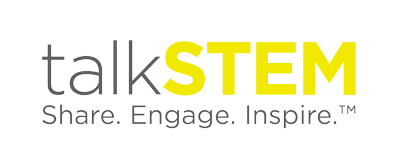

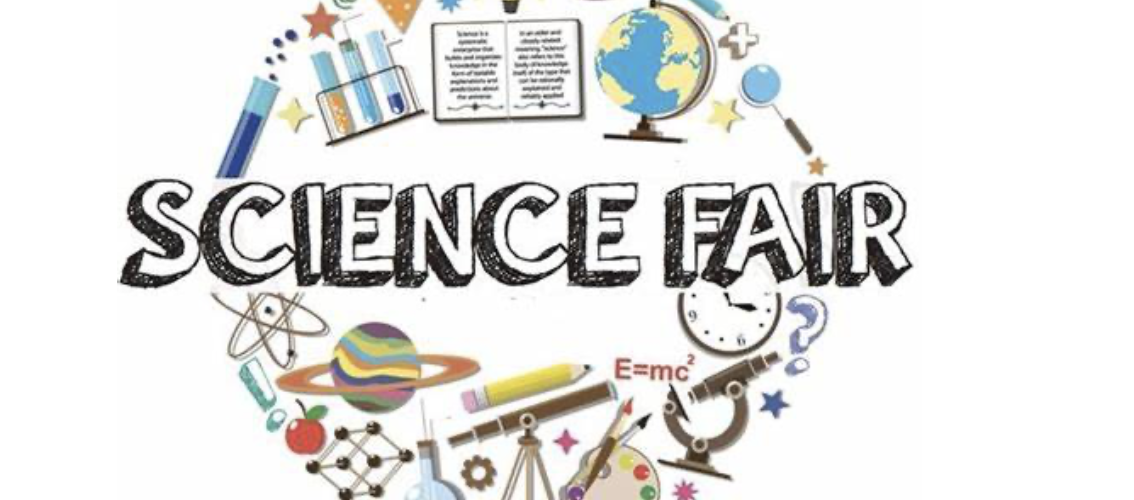
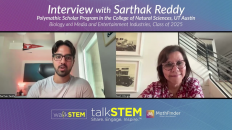
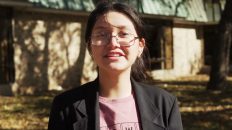



Add comment